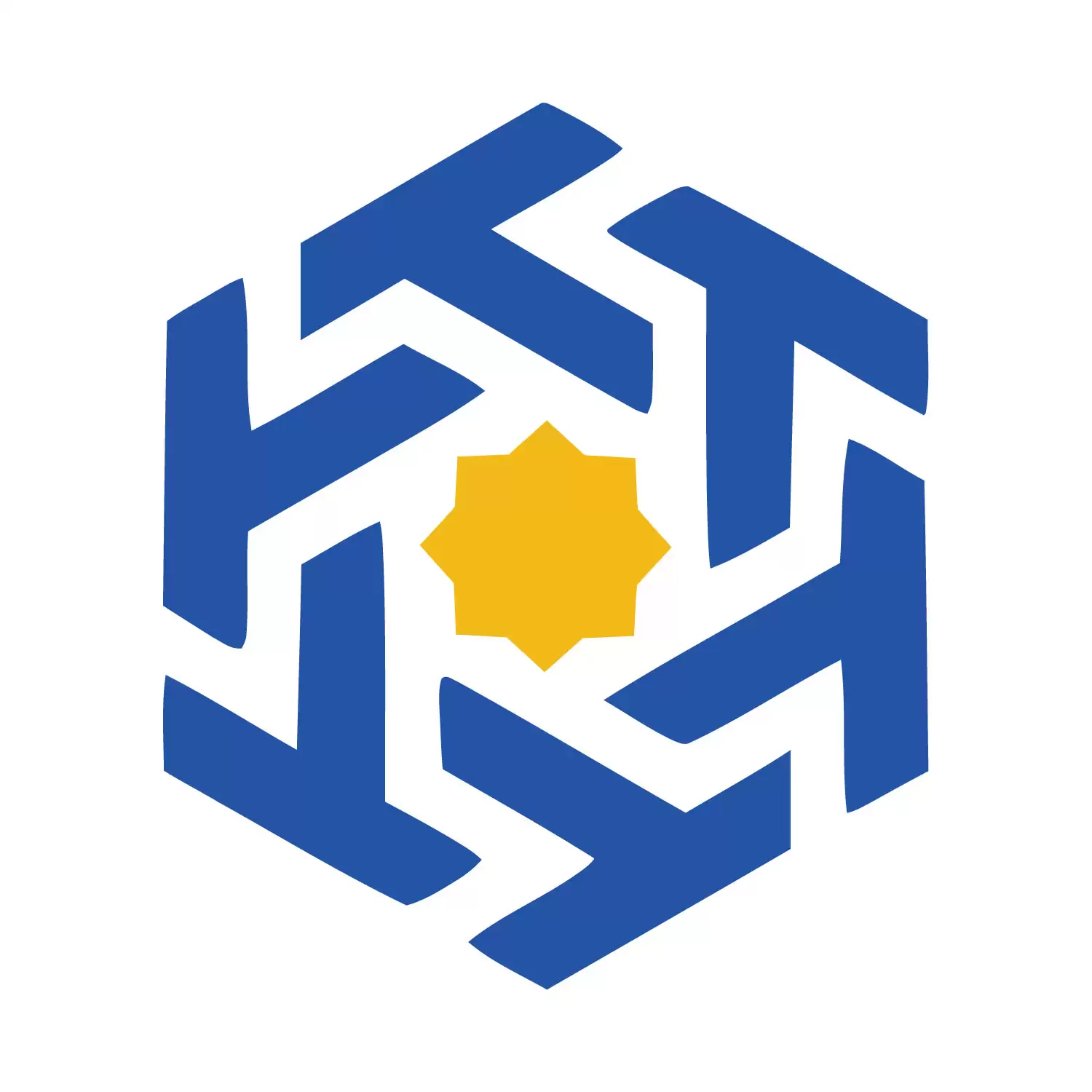 Admin
Admin
10 Jun 2024


10 Jun 2024
In a world where entrepreneurship is booming, Muslim innovators often face a unique challenge: securing funding that aligns with their faith and values. For too long, the lack of Shariah-compliant financial solutions has hindered brilliant ideas from thriving. But today, halal crowdfunding platforms are rewriting this narrative, offering ethical, accessible, and impactful ways to fuel dreams. Whether you’re launching a tech startup, a social enterprise, or a creative venture, halal funding can be your gateway to success—without compromising your principles.
Islamic finance isn’t just about avoiding riba (interest); it’s about building an economy rooted in fairness, transparency, and social good. Traditional loans often conflict with these values, leaving many Muslim entrepreneurs feeling excluded. Halal crowdfunding bridges this gap by:
Eliminating interest-based transactions: Fund your project through equity-sharing, profit-sharing, or reward-based models.
Promoting risk-sharing: Investors and entrepreneurs collaborate as partners, aligning success for both.
Supporting ethical ventures: Projects must benefit society, avoiding industries like alcohol, gambling, or exploitative practices.
Platforms like UmmahFund (a hypothetical example) prioritize Shariah compliance while simplifying the funding process:
Project Submission: Share your business idea, goals, and funding needs.
Shariah Review: A dedicated Islamic finance board evaluates compliance with principles like mudarabah (profit-sharing) and murabaha (cost-plus financing).
Community Backing: Pitch to a global network of Muslim investors who believe in your vision.
Transparent Execution: Funds are released in stages, with regular updates to ensure accountability.
Validate Your Idea
Conduct market research: Does your product solve a real problem in Bangladesh’s context?
Align with Islamic values: Ensure your business model avoids haram elements.
Craft a Compelling Pitch
Highlight social impact: Investors love ventures that empower communities (e.g., eco-friendly fashion, halal agro-tech).
Use storytelling: Share your journey and vision.
Choose the Right Platform
Look for certifications: Platforms endorsed by reputable Shariah boards (e.g., Bangladesh’s Islamic Finance Advisory Council).
Compare fees and terms: Avoid hidden charges.
Engage Your Network
Leverage social media: Use platforms like LinkedIn and Instagram to build buzz.
Partner with local mosques or Islamic organizations for grassroots support.
Deliver and Grow
Maintain transparency: Regularly update backers on milestones.
Reinvest profits ethically: Scale your business while uplifting others.
GreenTaka (Dhaka-based startup): Raised $50,000 via halal crowdfunding to launch biodegradable packaging, reducing plastic waste in urban Bangladesh.
Sadia’s Artisan Hub: A female entrepreneur from Chittagong secured funding to train 100 women in traditional handicrafts, exporting products globally.
“Halal funding gave me the freedom to build a business I’m proud of—both ethically and financially.”
— Mohammad Rahman, Founder of GreenTaka
Misconceptions: Educate skeptics about halal finance’s viability (e.g., “No interest doesn’t mean no profit!”).
Regulatory Hurdles: Partner with platforms that navigate Bangladesh’s financial regulations (e.g., Bangladesh Bank’s guidelines for Islamic fintech).
Cultural Barriers: Address concerns about “digital donations” by emphasizing transparency and Shariah oversight.
The future of entrepreneurship is inclusive, ethical, and faith-driven. Whether you’re a tech innovator in Dhaka or a social entrepreneur in Sylhet, halal crowdfunding offers the tools to turn your vision into reality—without compromise.
Ready to start?
✅ Visit Tahabil Limited to submit your idea.
✅ Download our free guide: “10 Halal Funding Strategies for Muslim Entrepreneurs.”
✅ Follow us on social media for success tips and investor alerts.
 your money halal way.
your money halal way.